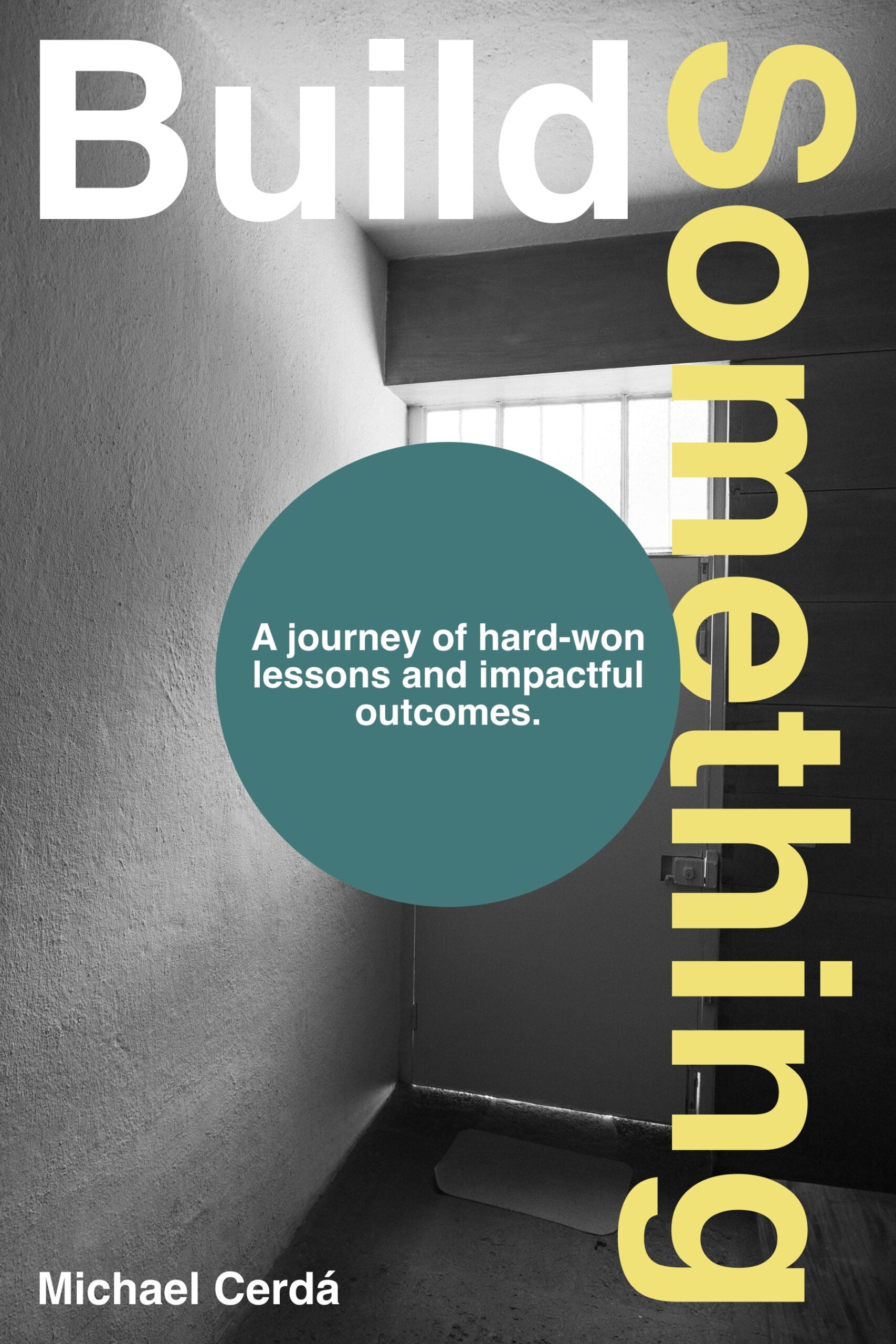After three decades of building companies, I’ve had enough distance to see the patterns. Starting with Ooma, then launching Jangl, evolving through The Quarry and Cc:Betty, and then leading product and engineering at companies like Facebook, Disney+, and TelevisaUnivision, I’ve been able to discern the good calls I made from the near misses. I’m now able to account for the landmines I only saw after I’d stepped on them.
I’m proud of what I’ve built. But if I start another company, these are some things I’ll do very differently.
-
Acknowledge that chemistry doesn’t scale automatically
Back in the Jangl days, I was in full sprint mode. Jangl was a direct-to-consumer service that allowed people to use an anonymous phone number—used, say, for online dating members to initially talk and text each other without exchanging real phone numbers. Everything was go-go-go: get the product live, raise the money, make the deals.
I hired fast, moved fast, and expected things to come together through sheer force of will. But chemistry doesn’t scale just because the headcount does. The team has to click — on values, on energy, on how they fight and recover. And most importantly, the founding team has to be aligned on why they’re building, not just what they’re building.
I got that wrong more than once. But I also got parts of it right. By the time I co-founded Cc:Betty — a smarter, more human way to manage email conversations — I was much more deliberate. Still, I wasn’t deliberate enough. There were subtle misalignments in ambition and pace that didn’t reveal themselves until we were already too far in. We were solving a real problem, but the glue wasn’t there.
Next time, that glue is the first thing I’ll look for.
-
Focus on team chemistry first
If I start another company, I’ll obsess over team chemistry from the jump. Not just functional roles, but emotional dynamics. Do we challenge each other the right way? Do we recover quickly from tension? Do we all lose sleep over the same problems? And when we disagree, do we trust each other enough to keep moving forward without ego?
I’ll also be much clearer about the kind of company I want to build beyond the product. Is it a 100-person rocket ship with investor pressure, or a tight crew solving a gnarly problem with autonomy? Is it consumer or enterprise? Is it a long game, or a fast spin?
These aren’t just business decisions — they’re lifestyle decisions. When you’re early, misjudging this stuff sets the wrong tone for everything that follows.

-
View culture as the operating system
And culture? It’s not a nice-to-have. It’s the operating system. Early-stage companies often treat culture as something that can wait until after product-market fit. That’s a mistake. Culture is how you get to product-market fit — and how you survive the chaos along the way.
When I look back, what I remember most vividly aren’t the roadshows or the launches. It’s the people—the ones who showed up with real energy and took ownership like it was their name on the door. The ones who made the late nights feel like early momentum. The ones who believed, even when the market didn’t.
-
Build around character
If I start my next company, I’m building it around those people. Not just for skill set or résumé, but for character. For how they handle pressure. For how they help others rise. For how they take a punch and still come back aligned.
At its core, building a company isn’t about the tech. It’s about the people you build with — the relationships, the rhythm, the trust. That’s what carries you when the funding stalls, when the product flops, when the competitors move faster than you expected.
Next time around, I’ll build slower, but stronger. With the right partners. With full alignment. With a culture that’s intentional from day one. Because now I know: the product you ship is only as strong as the people you ship it with.
Michael Cerdá’s new book, Build Something: Building Products, Business & Culture – A Journey of Hard-Won Lessons and Impactful Outcomes reveals the untold true stories behind some of the most transformative technologies of our time.


#Ill #Differently #Start #Company